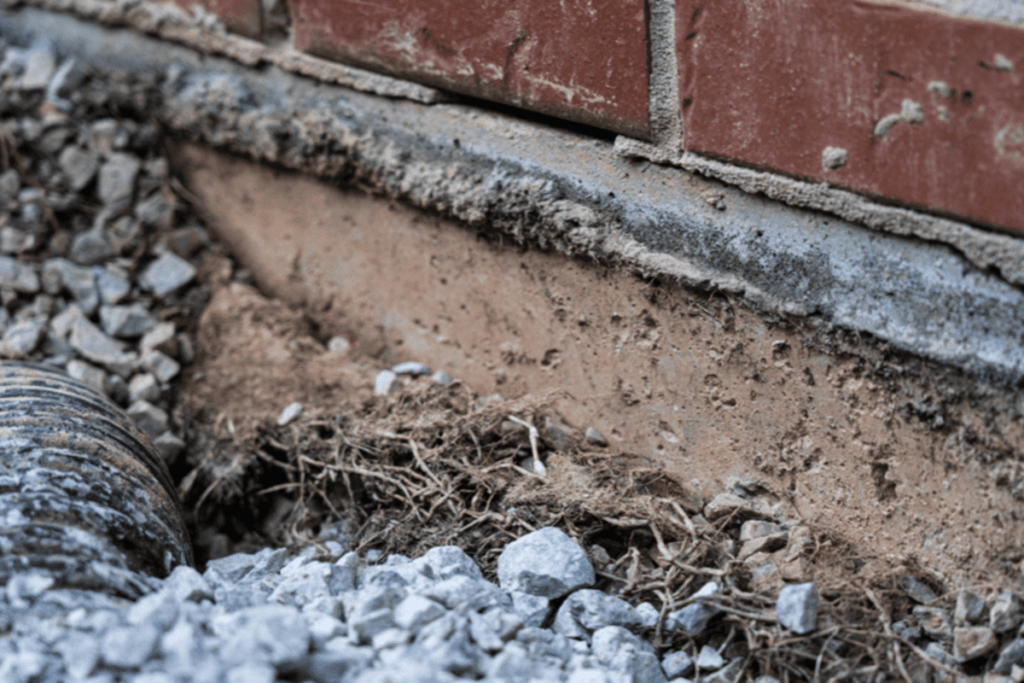Ensuring the stability and longevity of your home’s foundation is vital for the safety and value of your property. A common question among homeowners is: How often should I have my foundation inspected? This article will guide you through understanding the importance of foundation inspections and the key factors that determine their frequency.
What is a Foundation Inspection?
A foundation inspection is a thorough examination of your home’s foundation to identify any potential issues like cracks, unevenness, or other signs of damage or instability. This inspection can reveal early warning signs that, if addressed promptly, can save you from costly repairs in the future.
Why Are They Important?
The foundation is literally the base upon which your home rests, and its integrity is crucial to your home’s overall health. Issues with the foundation can lead to serious structural problems, affecting not just the foundation itself but also the walls, floors, and roof.
How Often Should I Have My Foundation Inspected?
As a rule of thumb, it’s not necessary to have a routine foundation inspection unless there are visible concerns or specific circumstances that warrant it. However, staying vigilant about the condition of your home’s foundation is important.
When to Consider an Inspection
- Selling or Buying a Home: Before selling or purchasing a house, getting the foundation inspected can provide peace of mind and prevent future surprises.
- Visible Signs of Damage: If you notice significant sheetrock cracks, doors that won’t close properly, or other structural abnormalities, it’s time to consider an inspection.
- After Severe Weather Events: In areas prone to extreme weather, such as floods or earthquakes, inspecting the foundation after such events is a good practice.
Signs That Indicate a Need for Immediate Inspection
Obvious Damage
Visible signs of damage like large cracks in the foundation, walls, or significant issues with doors and windows not functioning properly are clear indicators that an inspection is necessary.
Subtle Changes
Less obvious signs can also signal foundation issues. These include minor cracks, doors that are slightly harder to close, or small gaps in window frames. While these might seem trivial, they can be early indicators of more significant problems.
DIY Checks vs. Professional Inspections
Doing It Yourself
For minor issues or regular checks, homeowners can perform basic inspections. This includes looking for cracks, checking door and window operation, and monitoring any noticeable changes over time.
When to Call a Professional
For a comprehensive assessment, especially in cases of visible damage or when buying or selling a home, hiring a professional is advisable. Professionals have the expertise and tools to accurately assess the condition of your foundation.
Preventative Measures
Regular Monitoring
Regularly checking for signs of wear and tear can help you catch issues early. This includes looking for new cracks, monitoring existing ones, and ensuring doors and windows operate smoothly.
Home Maintenance
Maintaining other aspects of your home, such as proper drainage and preventing water buildup near the foundation, also plays a crucial role in preserving the foundation’s integrity.
Conclusion
While there’s no set rule for how often you should have your foundation inspected, being proactive and vigilant can prevent minor issues from turning into major problems. Remember, it’s not necessary to routinely schedule professional inspections unless there are visible concerns or special circumstances.
If you do encounter significant issues or are in the process of a real estate transaction, don’t hesitate to contact us. We are here to help you address your foundation issues.




